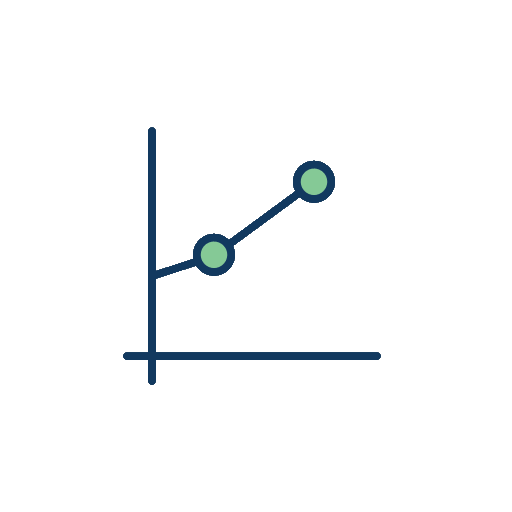Sequential Monte Carlo (SMC)
비선형 및 비가우시안 상태 추정 문제를 해결하기 위한 추적 알고리즘
Particle filter
Particle filters, or sequential Monte Carlo methods, are a set of Monte Carlo algorithms used to find approximate solutions for filtering problems for nonlinear state-space systems, such as signal processing and Bayesian statistical inference.[1] The filtering problem consists of estimating the internal states in dynamical systems when partial observations are made and random perturbations are present in the sensors as well as in the dynamical system. The objective is to compute the posterior distributions of the states of a Markov process, given the noisy and partial observations. The term "particle filters" was first coined in 1996 by Pierre Del Moral about mean-field interacting particle methods used in fluid mechanics since the beginning of the 1960s.[2] The term "Sequential Monte Carlo" was coined by Jun S. Liu and Rong Chen in 1998.[3]
https://en.wikipedia.org/wiki/Particle_filter

 Seonglae Cho
Seonglae Cho